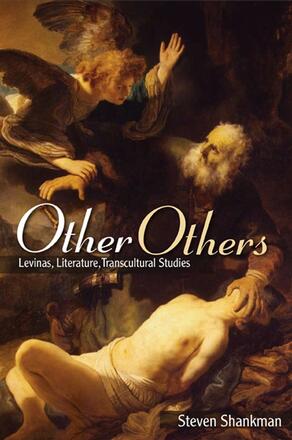
Other Others
Levinas, Literature, Transcultural Studies
Looks at literary works from outside the Judeo-Christian tradition to test Levinas's notion of "the Other. "
Description
In literary and cultural studies today, the term "the Other" appears to have largely lost its moorings in the primacy of the intersubjective encounter, focusing rather on the social construction of the Other. For Emmanuel Levinas, in contrast, the Other is precisely that which eludes construction and categorization. In a study that ranges from literature of ancient China, Greece, and Israel to modern Egypt, Italy, West Africa, and America, Steven Shankman tests Levinas's ideas by reading literary works from outside the Judeo-Christian orbit for figurations equivalent to Levinas's notion of the Other. He also places ethics at the center of intercultural—or, in his words, "transcultural"—comparative literature. In contemporary literary and cultural studies, it is often assumed that culture has the last word. However, as Levinas insists—and as Shankman argues throughout this book—it is ethics that is the "presupposition of all Culture," that is situated "before Culture. "
At the University of Oregon, Steven Shankman is UNESCO Chair in Transcultural Studies, Interreligious Dialogue, and Peace and Distinguished Professor of English and Classics. His books include Early China/Ancient Greece: Thinking through Comparisons, also published by SUNY Press, and The Siren and the Sage: Knowledge and Wisdom in Ancient Greece and China.